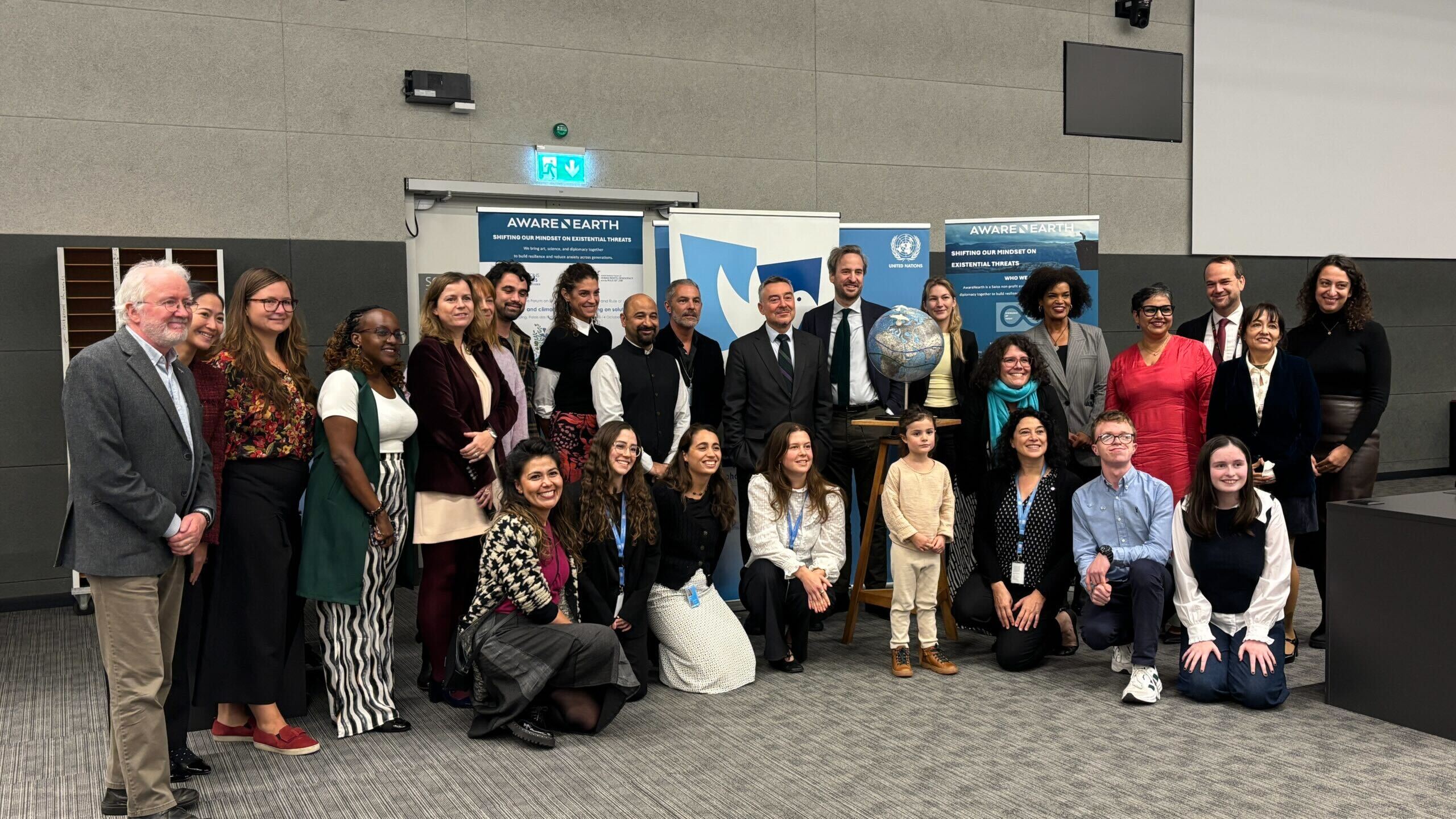
At the UN’s global forum on human rights and democracy, governments and civil society warned that climate finance will determine whether the world advances climate justice, or deepens today’s unequal and carbon‑intensive economic model.
At the fifth session of the Forum on Human Rights, Democracy and the Rule of Law in Geneva, delegates confronted a central challenge: climate finance will either advance human dignity or reinforce the unequal, profit‑driven systems that deepen climate harm. Guided by Human Rights Council resolution 52/22, the session focused on how democracies can deliver climate solutions rooted in justice rather than corporate interests.
Speaking in the session on advancing the right to a healthy environment, CESR’s Peninnah Mbabazi joined governments, civil society, academics, and global experts to examine how climate finance can be made more equitable, transparent, and responsive to the people most affected by climate impacts. She underscored that climate finance is not charity: it is a legal and moral obligation grounded in historical responsibility and the redistribution of power.
During the COP28, states acknowledged the need to transition away from fossil fuels to achieve net‑zero emissions by 2050. But implementation cannot succeed while governments continue to pour more than US$7 trillion into fossil fuel subsidies and as more than 3,000 climate litigation cases reshape climate policy worldwide.
Ten years after the Paris Agreement, the rules guiding global climate action still favor wealthy states and corporations. As leaders prepare for COP30, the Least Developed Countries Group (representing 44 of the world’s most climate‑vulnerable nations) warns that global efforts remain far below what justice and survival require.
At the Geneva forum, experts also contributed to the Global Ethical Stocktake (GES) led by the UN Special Rapporteur on climate change and human rights, Elisa Morgera. The GES aimed to provide civil society inputs to COP30 that center human rights obligations and the urgency of limiting warming to 1.5°C.
Making climate finance work for people, not profit
At COP29 in 2024, civil society highlighted not only the inadequacy of the overall climate finance goal, but also the profound shortcomings in how finance is structured. More than two‑thirds of public climate finance is delivered as loans,including non‑concessional loans, deepening the debt burdens of the countries already facing the harshest climate impacts.
These are not technical oversights. They reflect an unequal global financial architecture that systematically prioritizes creditor profits. CESR and partners continue to demand reforms to global financial governance so that climate action strengthens public goods rather than subsidizing corporate returns.
CESR’s Decoding Climate Finance proposes a rights‑based model that treats climate finance as an enforceable obligation. At the forum, delegates stressed that COP30 must adopt a finance framework that protects people today (not only future generations) and centers those already experiencing climate loss and damage.
Today, many countries in the Global South rely on debt‑creating instruments to cover climate costs. Sub‑Saharan Africa alone needs US$50 billion annually for adaptation; owes nearly US$700 billion in external debt; requires US$64 billion yearly for resilient energy systems; and faces aid cuts that are straining health systems.
Climate litigation and investor–state rules: an escalating threat
An overlooked barrier to climate action is the investment treaty system. Through investor–state dispute settlement (ISDS), foreign investors can sue governments for adopting climate or environmental measures that affect profits. Fossil fuel and mining corporations have already won more than US$100 billion in compensation,money that could have funded climate resilience or essential public services.
The Special Rapporteur on human rights and development has warned, in her report on ISDS, that these mechanisms undermine states’ regulatory space and their human rights obligations.
According to the UN Environment Programme, 3,099 climate‑related cases have been filed across 79 courts and tribunals as of mid‑2025, with a growing share coming from Global South communities challenging harmful policies and demanding accountability.
Recent opinions from the International Court of Justice and the Inter‑American Court of Human Rights offer a clear message: states must align their climate policies with human rights law, including remedies for harms already experienced.